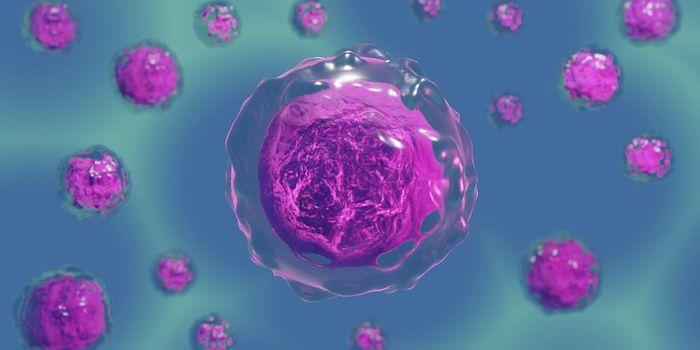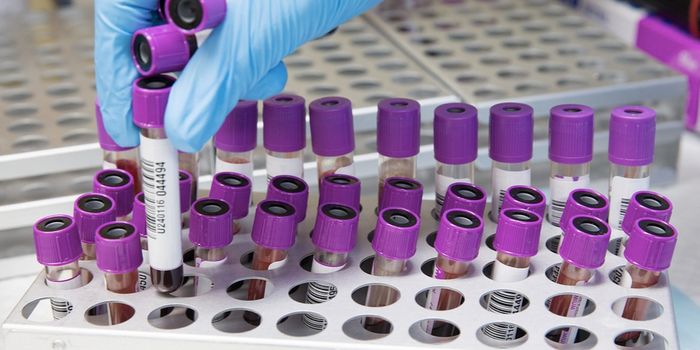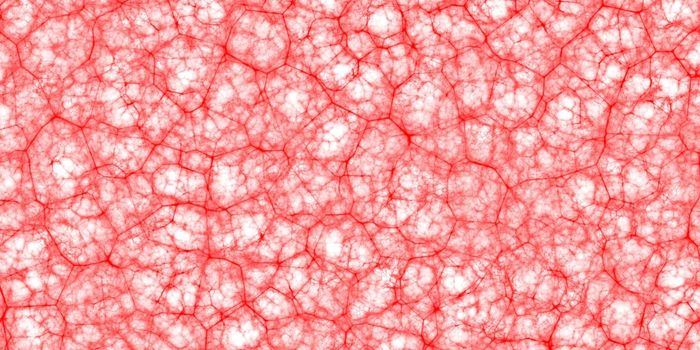Gertrude Elion: A Pioneer of Drug Development
As we wrap up Woman’s History Month, a time dedicated to honoring women's contributions to history, we will highlight the life of Gertrude “Trudy” Belle Elion, a pioneer of rational drug design whose research led to treatments for patients with cancer and other diseases.
Born in 1918 in New York, cancer touched Elion’s life at a young age when she lost her grandfather to stomach cancer. Despite earning degrees from Hunter College and New York University, Elion had difficulty finding a job. At the time, few women worked in research laboratories, but the loss of male workers to the frontlines of World War II created job openings.
In 1944, Elion began working with George Hitchings at Burroughs Wellcome, a Tuckahoe, NY pharmaceutical company (eventually becoming part of GlaxoSmithKline). Burroughs Wellcome relocated to Triangle Research Park, NC, in 1967, and Hitchings and Elion moved their laboratory. Elion worked her way up, eventually leading the Department of Experimental Therapy where she recruited a highly diverse and collaborative team of scientists. Elion hired scientists specialized in various fields, including chemistry, enzymology, pharmacology, immunology, and virology. Novel at the time, this type of “team science” has become a mainstay of many modern biomedical research programs.
Elion and Hitchings worked to understand the differences between normal and cancer cells. Learning how cancer cells grew allowed them to uncover effective cellular targets to direct new drugs. These methods revolutionized drug development methods. Historically, scientists would screen random molecules, most naturally occurring, fishing for an effective drug. The approach Elion and Hitchings used, now known as rational drug design, relied on understanding the structure and function of the components of the cell to generate new, synthetic drugs.
One of the first drugs Elion developed, 6-mercaptopurine inhibits production of purine nucleotides, preventing DNA synthesis and subsequent growth of cancer cells. Used to treat pediatric leukemia, early clinical trials with 6-mercaptopurine resulted in a 1/3 remission rate. In addition to cancer therapies (also including thioguanine and nelarabine), Elion developed drugs to prevent organ rejection following transplant (azathioprine) and for the treatment of malaria (pyrimethamine), gout (allopurinol), herpesvirus (acyclovir) and bacterial infections (cotrimoxazole and trimethoprim A).
In 1988, Elion, Hitchings, and Sir James W. Black received the Nobel Prize in Physiology or Medicine “for their discoveries of important principles for drug treatment.” Elion retired in 1983 but remained a Scientist Emeritus at Burroughs Wellcome. When she died in 1999 at age 81, Robert Ingram, Chief Executive of Glaxo Wellcome, said of Elion, “‘For oncologists, her work is equivalent to the development of written language, the invention of gunpowder, the lunar landing - all those events.”
Elion faced adversity, not only because of her gender but also because she never earned a PhD. As the only woman in her master’s program, Elion learned early on how to thrive in a male-dominated industry. She began doctoral studies but eventually decided to leave school and focus on her work. After receiving three honorary doctorate degrees, Elion wrote, “perhaps that decision had been the right one after all.” Elion still earned membership in scientific societies, including the American Society of Biological Chemists, and became a Research Professor at Duke University.
As we close Women’s History Month 2023, we can be grateful to Elion for pioneering innovative and productive research leading to the development of countless beneficial therapies.
Sources: Nature, Oncologist (Koenig), Toxicol Indust Health, Eur Heart J, Science, Oncologist (Elion), NCI Visuals Online









